Description
Betnesol-N Eye Ointment combines Betamethasone (0.1%), a corticosteroid, with Neomycin (0.5%), an antibiotic, to treat eye infections accompanied by inflammation.
This formulation is used for bacterial eye infections, allergic conjunctivitis, and other inflammatory eye conditions, providing both antibacterial action and inflammation relief.
Ingredients
-
Active Ingredients:
-
Betamethasone 0.1% w/w (corticosteroid)
-
Neomycin 0.5% w/w (antibiotic)
-
-
Inactive Ingredients: Petrolatum, mineral oil, and other ophthalmic ointment base components
Drug Class
-
Pharmacological Class: Corticosteroid & Antibiotic combination
-
Therapeutic Class: Ophthalmic Anti-inflammatory & Antibacterial
Dosage Form
-
Form: Eye Ointment
-
Pack Size: 5g
Uses
Betnesol-N Eye Ointment is indicated for:
-
Bacterial eye infections
-
Allergic or inflammatory conjunctivitis
-
Post-operative eye inflammation
-
Other steroid-responsive ocular inflammatory conditions
Dosage
⚠️ Use exactly as prescribed by your eye specialist.
-
Apply a small amount (about 1 cm) inside the lower eyelid
-
Frequency: Usually 2–3 times daily, or as directed
-
Avoid excessive use; do not apply to both eyes unless prescribed
In Case of Overdose
-
Overdose is unlikely with topical ocular use
-
Symptoms may include temporary irritation, blurred vision, or increased eye pressure
-
Seek medical advice if adverse effects persist
Missed Dose
-
Apply as soon as remembered
-
Resume normal schedule
-
Do not double the dose
How To Use
-
Wash hands before application
-
Gently pull down the lower eyelid
-
Apply a thin ribbon of ointment into the conjunctival sac
-
Close the eye and gently press the inner corner for 1–2 minutes
-
Avoid contact with fingers or contamination of the tube tip
When Not to Use
-
Allergy to Betamethasone, Neomycin, or ointment components
-
Viral eye infections (e.g., herpes simplex)
-
Fungal eye infections
-
Glaucoma or ocular tuberculosis unless prescribed
Side Effects
Common:
-
Mild stinging or burning
-
Temporary blurred vision
Serious:
-
Increased intraocular pressure
-
Eye infection worsening
-
Allergic reaction (redness, swelling, itching)
Seek medical attention if serious side effects occur.
Precautions & Warnings
-
Use under ophthalmologist supervision
-
Prolonged use may increase eye pressure or cause cataracts
-
Avoid wearing contact lenses during treatment
-
Pregnant or breastfeeding women should consult a doctor
Drug Interactions
-
May interact with other ophthalmic medications
-
Inform your doctor if using other eye drops or ointments
Storage/Disposal
-
Store below 25°C, protected from light
-
Keep tube tightly closed
-
Do not freeze
-
Keep out of reach of children
-
Dispose safely according to local regulations
Control Drug
-
Prescription-only medicine (Rx)
-
Not a controlled substance
Quick Tips
💡 Helpful Advice:
-
Apply a thin layer only to the affected eye
-
Avoid touching the tip of the tube to prevent contamination
-
Wash hands before and after use
-
Do not share the ointment with others





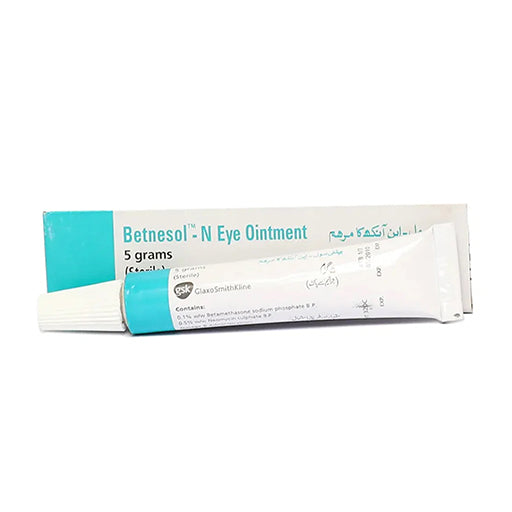
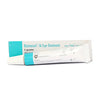

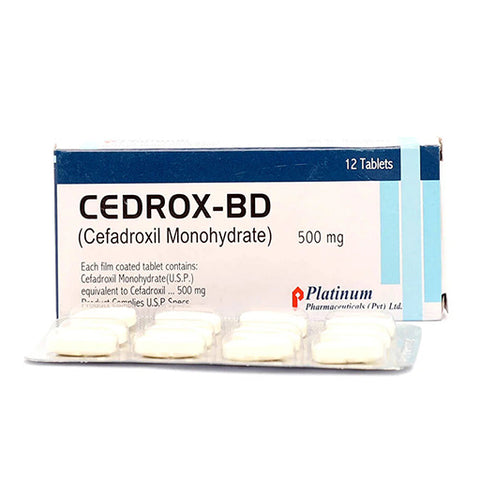

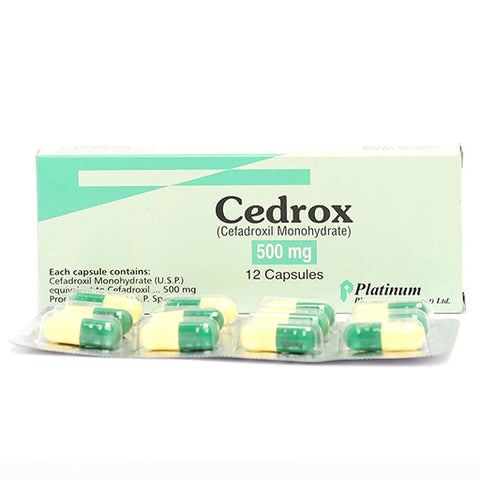

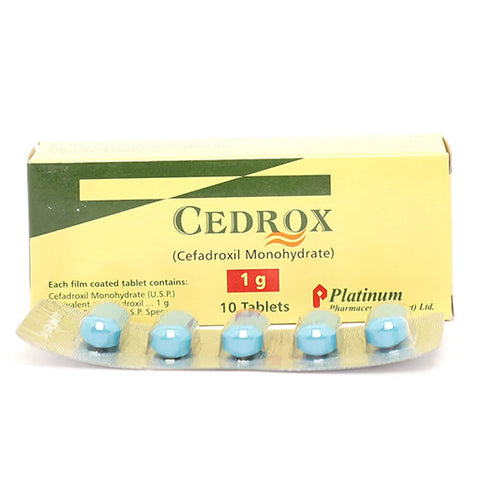

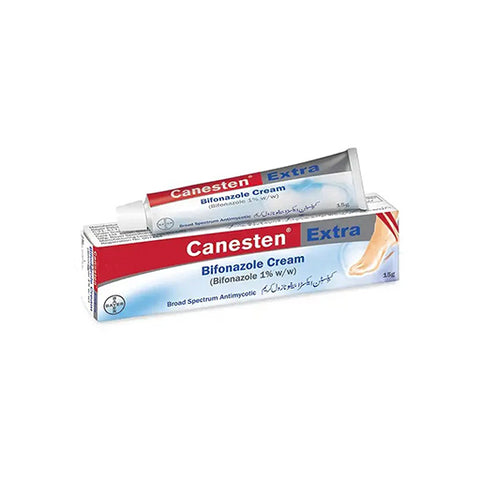

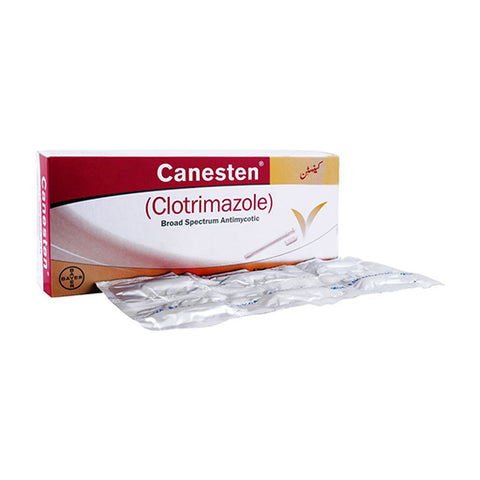

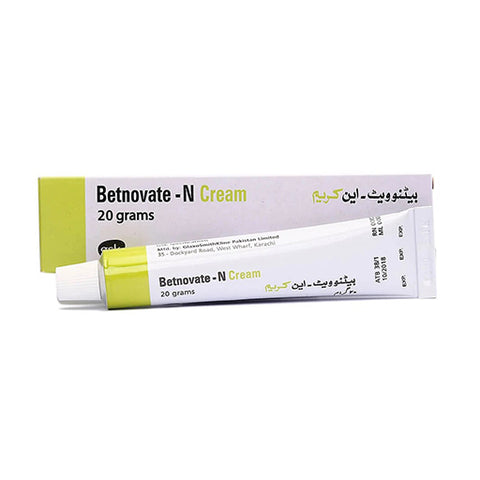

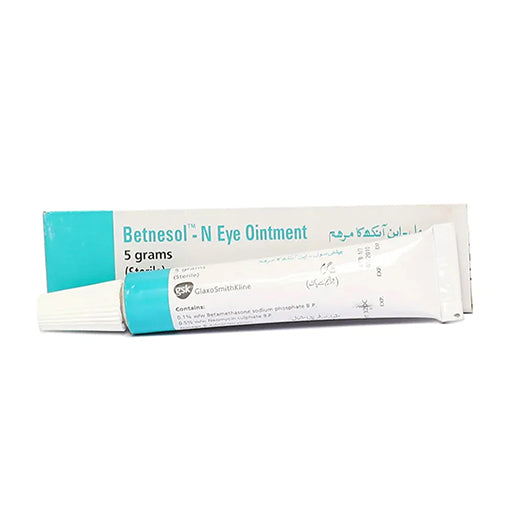



 Chat with Us
Chat with Us
